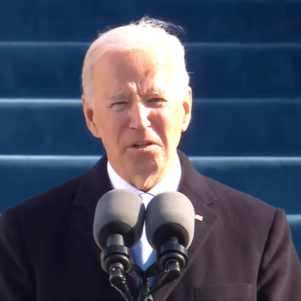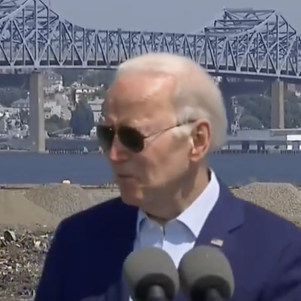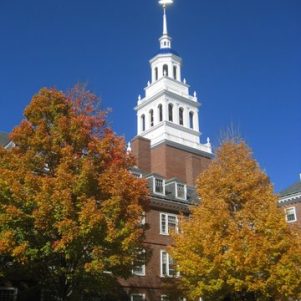Broke and Patriotic: Why Poor Americans Love Their Country
By Robert Bradley | February 20, 2018, 15:39 EST
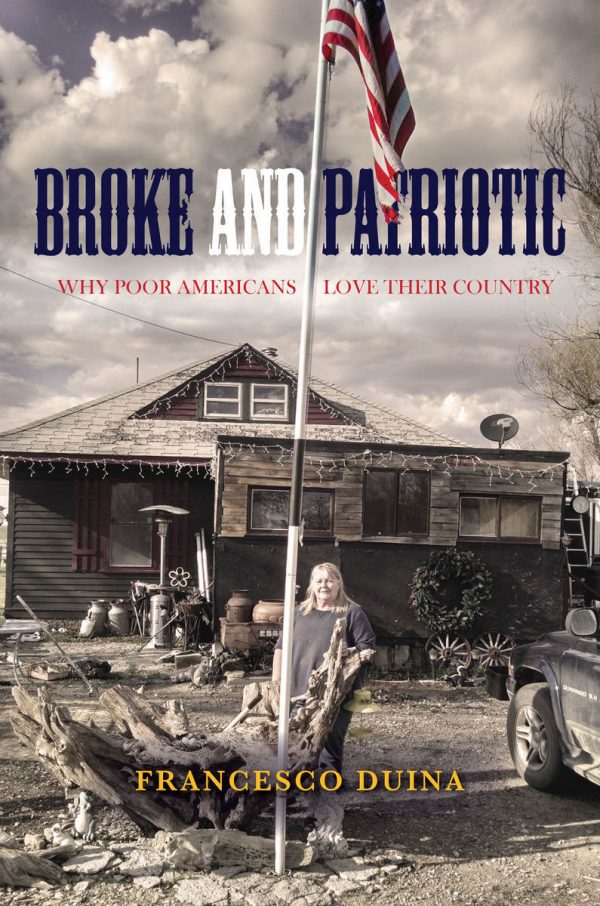
Last Friday, Pioneer Institute held an event in Boston at which Francesco Duina, professor of sociology at Bates College, spoke about his book Broke and Patriotic. In a deep blue state like Massachusetts where there is a constant drumbeat from the chattering class about the immorality of the growing income inequality in America, Professor Duina presented data from the book that poor Americans are actually more patriotic than middle class and wealthy Americans.
Much of the book explains why the poor in America are so patriotic. And because the actual data is so contrary to what we hear from progressives and left-leaning intellectuals, who believe that the poor in America scorn our country as much as they do, it is a must-read.
Duina defines patriotism in his book as “the opinion that their country is fundamentally better than other countries.” And he lays out compelling evidence that 80 to 90 percent or more of America’s poor hold the United States in high esteem, that they are proud of their nation, believe in its greatness, and would rather be citizens of America than of any other country in the world.
In data gathered in 2014 by the highly respected General Social Survey carried out by the National Opinion Research Center at University of Chicago, 93 percent of lower-income Americans said that they would rather be citizens of the United States than of any other country in the world. The General Social Survey also reported that this percentage was higher than those for working, middle, and upper classes, which ranged from 85 to 87 percent. The survey also showed that black Americans “agree” or “strongly agree” that their country is superior to other countries – a finding greatly at odds with the media’s constant barrage of articles (led by the Boston Globe) attacking America as a “racist” nation.
Professor Duina remarked how this was almost paradoxical, as the poor’s belief in the American dream persists despite the desperate straits that many were facing. But, unlike the progressive class, who wonder why income inequality does not lead to social unrest and revolt similar to the theme in Les Miserables, which tells the story of the 1848 rebellion in France, the poor in America show little envy of the wealthy. In the interviews in the book, they blame themselves again and again for their lot due to their own poor choices in their lives. In these interviews, which are quoted verbatim at length, the poor take responsibility for their situation and are grateful for the generosity of private charitable organizations as well as for the safety net that the government provides with food stamps, Medicaid, and other benefits.
The evidence that Professor Duina presents comes from two sources: general surveys (both international and U.S.) of broad cross-sections of the population, and 63 interviews with poor Americans living in Alabama and Montana. In data compiled in the 2005 World Values Survey, 100 percent of poor Americans reported being either “very proud” or “proud” of their nationality. Of the other developed nations surveyed, approximately 90 percent of the poor there answered that they were “very proud” or “proud” of their country. Only 37 percent of Germany’s lowest income group reported feeling “very proud” or “proud” of Germany in the same survey.
In the 2014 survey, General Social Survey data also showed that strong feelings of patriotism about America cut across divisions by race, sex, political party, age, and geographic demographics, with between 74 and 85 percent of respondents “agreeing” or “strongly agreeing.” The least patriotic group was 20-to-40-year-olds, not surprising in light of what is being taught in many classrooms in schools and universities about America’s shameful treatment of minorities and foreign policy blunders.
Clearly the poor in America do not buy into this distortion of America’s past. In more than five dozen interviews with the poor in bus stations, laundromats, homeless shelters, and fast-food restaurants in Birmingham, Alabama and Billings, Montana, Professor Duina heard the interviewees talk about freedom and the value of the individual as embodied in America’s founding documents – the Declaration of Independence and the Constitution. Many spoke of America as the last best hope of mankind – the land of milk and honey. Many saw a special relationship between God and America, and said they see America as a beacon of light in the world.
During these divisive times, when identity politics advances and when it seems as if America is coming apart at the seams, this book gives strong evidence that people in the lowest income class of America derive great personal dignity from simply being part of the great American experiment. The interviewees uniformly believe that anyone can succeed in America through hard work, wise choices in lifestyle, and perseverance. Outside of the cities of the East and West coast of our country, the American dream is alive and well. Broke and Patriotic gives clear empirical data that our country’s motto – e pluribus unum – is still the watchword in America.
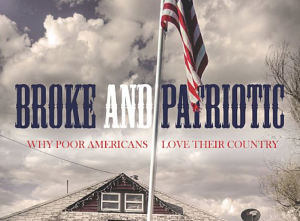
Robert H. Bradley is Chairman of Bradley, Foster & Sargent Inc., a $3.25 billion wealth management firm that has offices in Hartford, Connecticut, and Wellesley, Massachusetts. This column represents his personal views and does not represent the views of the firm. Read other articles by him here.

